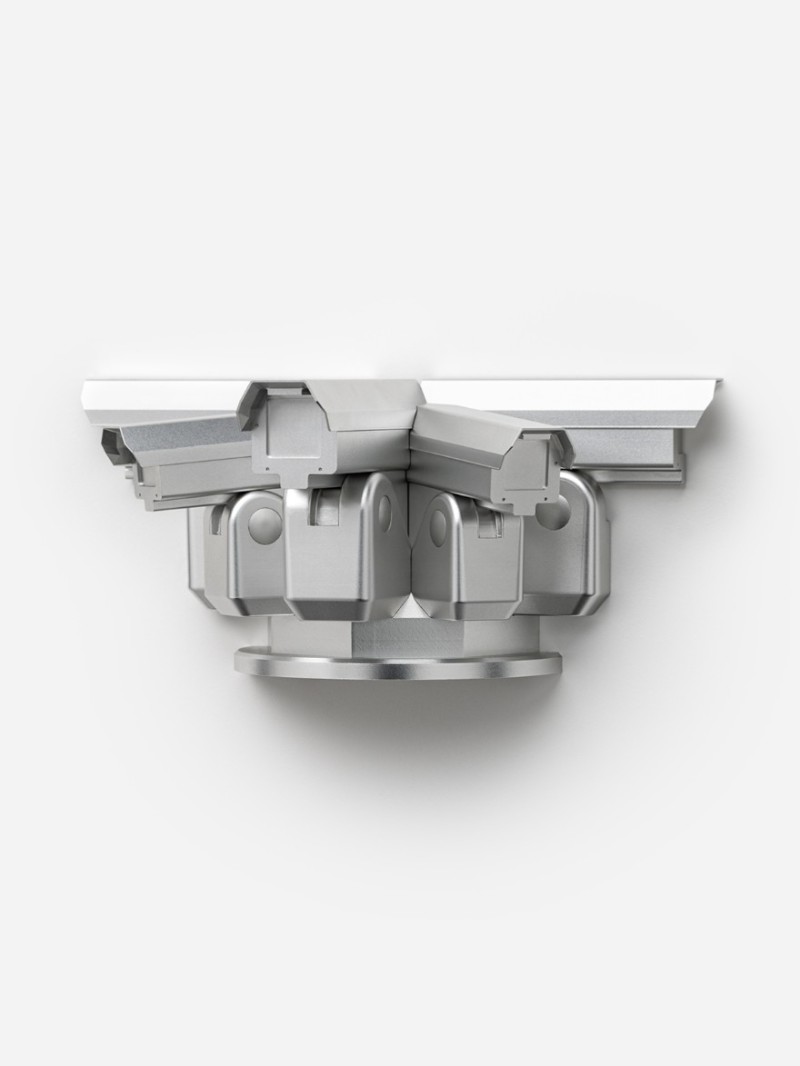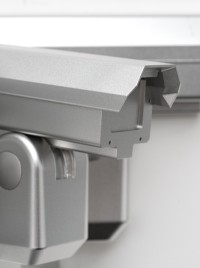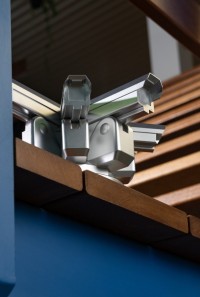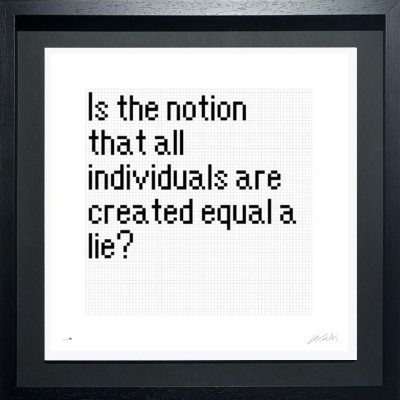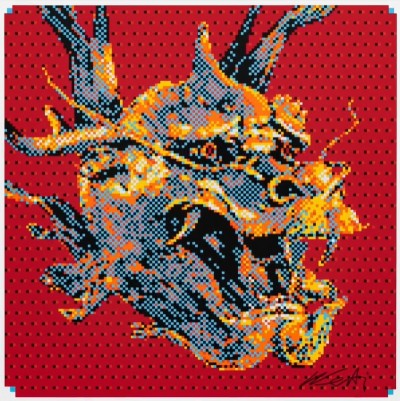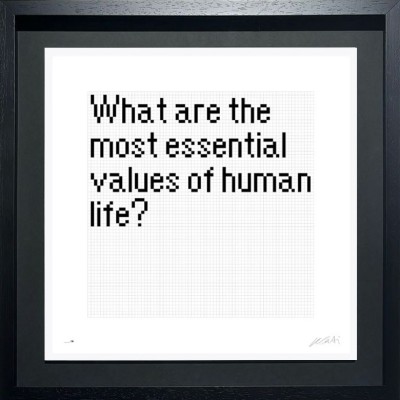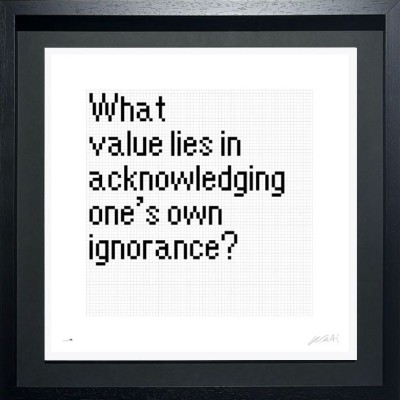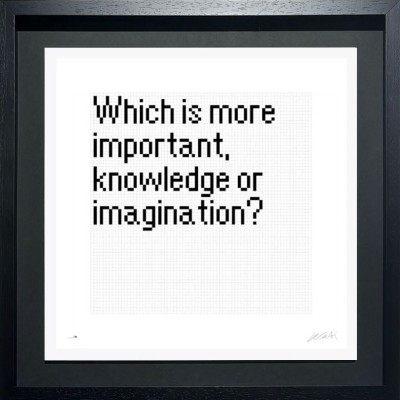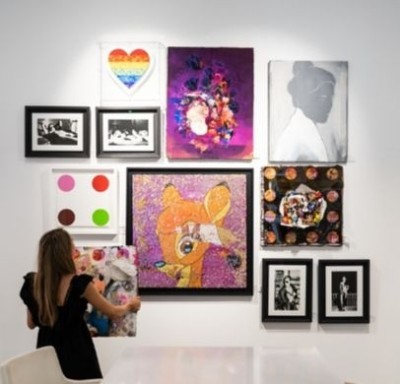To Be Looked At... (27/200)
- 16 x 35 x 18 cm
- Gelimiteerde editie
- CNC-machine gesneden aluminium sculptuur
Surveillance and Weiwei have history. Drawing together personal experiences and societal shifts, he notes that security is often used as a guise for control and that, because of this, surveillance represents power.
To Be Looked At… takes the form of a bank of CCTV cameras, pointing in multiple directions for uninterrupted vision. The sculpture can be mounted on a wall or displayed on a horizontal surface.
Installed in homes around the world, the cameras and their pseudo-surveillance capture Weiwei’s wry humour. At the same time, they encapsulate an experience that has become an inescapable part of being alive.
Born in Beijing in 1957, Ai Weiwei is a multidisciplinary artist, architect, photographer, designer, critic and activist, son of the noted Chinese poet Ai Qing, himself a studnet of avant-garde theory in Paris between 1929 and 1932. Qing, a major influence on Weiwei's way of thinking
A cultural figure of international renown, Ai Weiwei is an activist, architect, curator, filmmaker and China's most famous artist. Open in his criticism of the Chinese government, Ai was detained for months in 2011 and then released under house arrest. "I don't see myself as a dissident artist," he says. “I see them as a dissident government!” Some of Ai's best-known works are installations, which often lean towards the conceptual and provocative dialogue between the contemporary world and traditional Chinese ways of thinking and production. For Sunflower Seeds (2010) at the Tate Modern, he distributed 100 million porcelain "seeds" hand-painted by 1600 Chinese artisans - a commentary on mass consumption and the loss of individuality. His infamous Coca Cola vase (1994) is a Han Dynasty urn decorated with the ubiquitous soda logo. Ai also served as an artistic consultant in the design of the "Bird's Nest" stadium for the 2008 Beijing Olympics, and has curated pavilions and museum exhibits around the world.
- Free and without any obligation
- Art advice at home for 20 years
- Best to judge in your own interior
AbrahamArt Art Catalogue
Complete in Contemporary Art
A sleek visual presentation of the most current collection from AbrahamArt. Perfect for exploring and getting inspired from the comfort of your own home.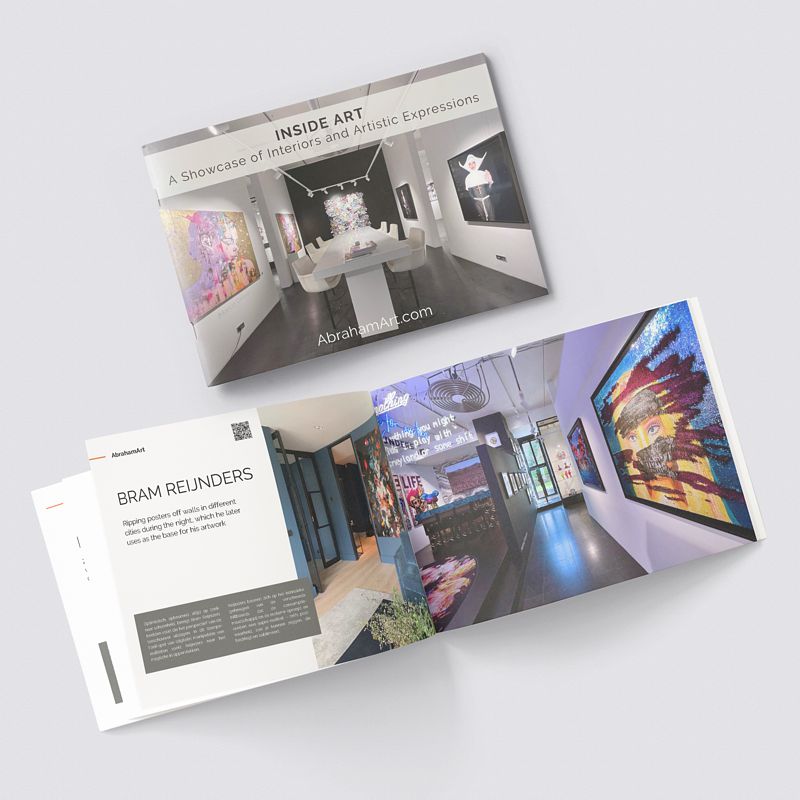
More of Ai Weiwei
Ai Weiwei
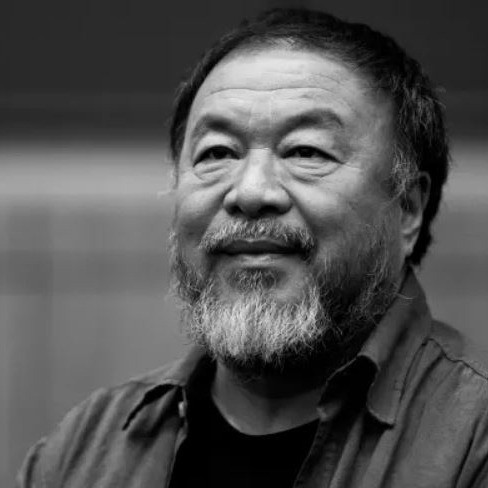
Born in Beijing in 1957, Ai Weiwei is a multidisciplinary artist, architect, photographer, designer, critic and activist, son of the noted Chinese poet Ai Qing, himself a studnet of avant-garde theory in Paris between 1929 and 1932. Qing, a major influence on Weiwei's way of thinking
A cultural figure of international renown, Ai Weiwei is an activist, architect, curator, filmmaker and China's most famous artist. Open in his criticism of the Chinese government, Ai was detained for months in 2011 and then released under house arrest. "I don't see myself as a dissident artist," he says. “I see them as a dissident government!” Some of Ai's best-known works are installations, which often lean towards the conceptual and provocative dialogue between the contemporary world and traditional Chinese ways of thinking and production. For Sunflower Seeds (2010) at the Tate Modern, he distributed 100 million porcelain "seeds" hand-painted by 1600 Chinese artisans - a commentary on mass consumption and the loss of individuality. His infamous Coca Cola vase (1994) is a Han Dynasty urn decorated with the ubiquitous soda logo. Ai also served as an artistic consultant in the design of the "Bird's Nest" stadium for the 2008 Beijing Olympics, and has curated pavilions and museum exhibits around the world.

